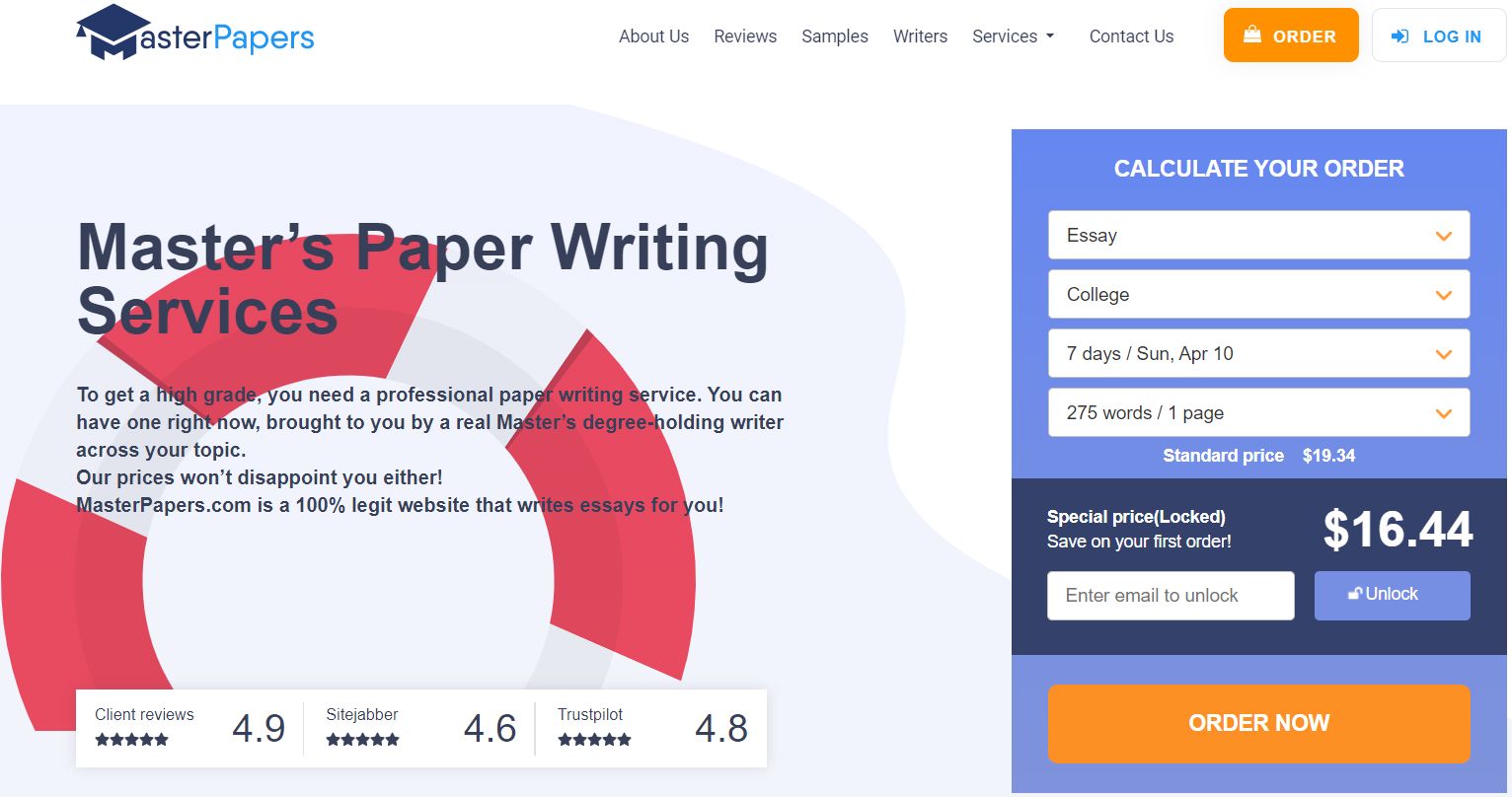How to write a rhetorical analysis essay
Publication Date: 31 August 2022
Today we are going to talk about one of the most interesting academic writing genres, a rhetorical essay. Let’s define what is a rhetorical analysis essay right from the start.
What is a rhetorical analysis essay
A rhetorical analysis essay is a kind of academic writing where a critique explores how the writer built their book or story. You need to rate the methods the author used in their work and the purpose of the text. Moreover, you have to mention which argumentation techniques and rhetorical tricks are included in the book to persuade readers to believe in the main idea of the context.

Be aware that you have not to agree or disagree with the plot, subplot, or characters’ behavior. In this essay, your task is to give constructive criticism of the author’s writing style, structure, format, and technical frameworks of the book or story.
What do you need to point at
Nowadays, writers use the old but gold secret of argumentation assumed by the ancient Greek philosopher Aristotle: Ethos, Pathos, and Logos.
These are three categories of classical rhetoric that are targeted to the persuasion of the readers.
Writers use ethos as phrases or techniques always build trust and respect between the writer and the reader. It is one of the most necessary points in consuming the written information and believing in the author’s ideas and qualifications. Basically, the authors persuade perusers using ethos.
Pathos is a thing in literature where writers play on the reader’s emotions. Emotionally colored expressions make people empathize with the characters and experience their feelings alongside the book’s plot.
Logos are the logical sentences, ideas, and expressions that make people agree with something in the book. Causes and effects are used here as proof, for example. Numbers and statements are essential in logos and appear as the strengthening of arguments.
Read the book you need to make out in your essay and try to find expressions that point to a particular category of argumentation. Later you can include them in your rhetorical analysis.
More subjects you can analyze for the rhetorical essay
Look deeper into the format of the text. Books are never only a plot with tragic or happy endings. Here you have to focus on the literal writer’s work. Better to say, their working process. Try to imagine the author as a simple person and consider the following points:
- The voice of the narrative, or how the writer tells the story
- Circumstances that surrounded the writer while he wrote their text
- The target audience of the written book. Who is this text written for?
- The purpose of the book. What did the writer want to say with the main idea of the plot?
- The subject of the book
- The tone of voice of the book. What’s the writer’s attitude towards the issues raised?
- Style of writing
- Artistic methods (saturation with epithets, comparisons, hyperboles, metaphors, irony, sarcasm, satire, slang, etc.)
- What’s the strategy of the author to ensure readers?
- How does the text attract readers, and why?
You should better provide strong arguments to sound more confident in your statements. Otherwise, your examiner might have doubts about why you decided so. You can slightly use quotes from the book that are concerned with a particular subject you want to describe in your rhetorical analysis essay.

Write a catchy introduction
Your intro has to be concise and disclose the essence of your rhetorical analysis essay. You should mention the points you want to describe in your text and brief info about the author. Finish your introduction with a strong thesis statement you are going to prove during your whole body part of the text. It is necessary to have in your essay as you need to state your opinion about the author’s style of writing, the strategy of their writing and/or any other points you decided to analyze.
Move to the body part
You should divide your text into at least three paragraphs to create a comfortable structure for reading. It will help you to gain more points. In your body part, you need to, obviously, conduct an analysis. If you decide to pick three themes: tone of voice of the book, target audience and the author’s strategy of writing – put them separately in different paragraphs. It is highly substantial to enhance your arguments with credible facts, numbers, allusions, and sometimes some well-known naked truth. Quotes are also your good friends in writing a rhetorical essay – engage readers with first-party thoughts.
Finish your rhetorical analysis essay with a strong conclusion
Here you need to paraphrase your introduction and thesis statement to strengthen all you have written above. Please do not add new information as it can distract the reader from your analysis. If necessary, write a call to action to give food for thought. Maybe you push people to do deeper research with your text.
Now you are ready to try to write a rhetorical analysis essay. Revise this article before writing to be sure that you understand how to write this kind of academic paper and select the necessary subjects you want to talk about. Inspire yourself, and have good luck!






